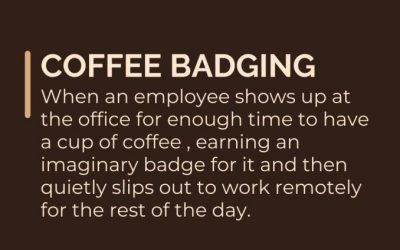For those born after 1978 that state pension age will be 68, yet those questioned in the research (a variety of ages) believe they will be able to retire when they are around 62 to 64.
Most of us if asked ‘when would you like to retire’ would reply ‘today’ (if not ‘yesterday’)! The spare time, opportunity for hobbies, personal projects, holidays and just a little me-time are goals many are working hard to achieve for retirement. And although some of us love our jobs, most of us look forward to a day when the hard work has paid off.
However, as a manager loosing employees to retirement can cause a significant hole in your workforce and have an impact on productivity and even moral. As a manger you may well worry, or at least carefully monitor, employee turnover but rather than the number of workers leaving the more concerning statistic may be the important knowledge and skills they are taking with them.
Figuring out how to most successfully retain this knowledge is the important thing. Not only critical IT and systems insights, but long standing client relationships and critical role specific know-how could be lost, making it hard work for a newbie.
Having an appropriate transfer system in place could be the key to transferring the knowledge in the best possible way. For example those who are due to retire may be able to begin documenting their critical knowledge in preparation for leaving. A workforce assessment could be completed to identify any potential problem areas. Soon to be retirees could also choose to phase out into retirement by gradually reducing their hours during the new employee’s enrolment. This would be the perfect opportunity for the retiree to act as a mentor and guide the new employee through the role, solving any problems they may face together.
However, it’s currently the baby boomers who are at retirement age, on the whole a demographic who work hard and have put their all in their careers. The generation of employees who are taking over these positions tend to have different work-life values, and expect more flexibility such as flexi-time or working from home. These differences in working pattern and behaviour need to be taken into consideration too, as it’s unlikely there will be a ‘like for like’ fit.
If you’re a hiring manager and are facing these problems, Langley James are recruiting experts and are here to help. Give one of our experienced consultants a call today.











